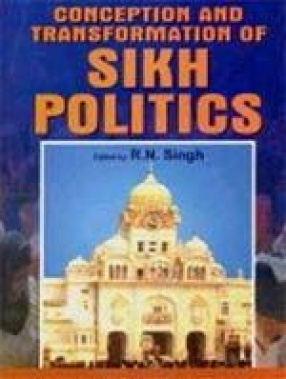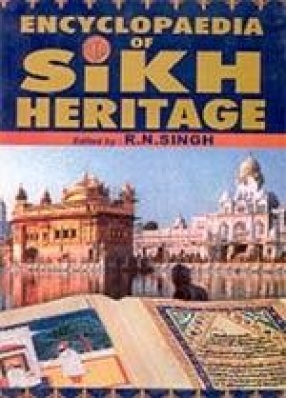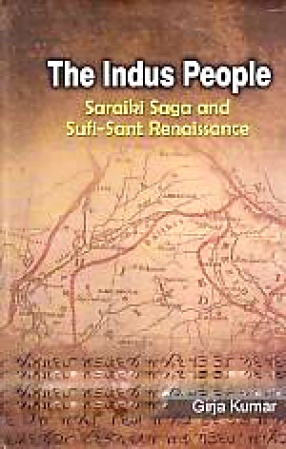The academic analysis of social and political ideas and institutions of the Sikhs has of late received some attention of the scholars. Nevertheless, the number of books and articles in the field is still very small. However, there seems to be a near consensus amongst the writers about the social and political values cherished by the Sikh Gurus. Almost all agree, with a varying degree of emphasis, that the Sikh Gurus stood for equality, liberty, justice and universal fraternity. Our effort in this paper would be to analyse the nature and significance of political values of liberty, justice and universal welfare in the context of percept and praxis of the Sikh Gurus. The Sikh Gurus do not recognise the right of the political rulers to interfere in the freedom of faith and worship. Guru Tegh Bahadur offered his head but did not compromise his commitment to the freedom of conscience. The Sikh Gurus were aware of the multi-ethnic nature of Indian society. The Sikh view accepts both the concepts of freedom, negative as well as positive. It is both freedom from external restraint and freedom gained through submission. So far as the relationship between the state and morals is concerned, it is nearer the negative concept of freedom. No where in Sikh thought is it accepted that the state’s duty is to make people moral and righteous. The state is expected to maintain the necessary conditions for freedom and righteous action. Freedom, on the other hand, is gained by submitting to the will of God. Freedom here become willing obedience of the orders of the Guru and following the path shown by him. It is only thus that man becomes free from all types of bondages.
Conception and Transformation of Sikh Politics
In stock
Free & Quick Delivery Worldwide
reviews
Bibliographic information
Title
Conception and Transformation of Sikh Politics
Author
Edition
1st ed.
Publisher
ISBN
8171697046
Length
xii+364p., References; Bibliography; Index; 26cm.
Subjects







There are no reviews yet.